How Did My Problem Spread?: Social Responsibility Therapy: Understanding Harmful Behavior Workbook 3
$15.26
Description
This Social Responsibility Therapy workbook was designed to help individuals who are struggling with unhealthy, harmful behaviors such as problem eating, drinking, drugs and physical or sexual aggression. The focus is on understanding, “How did my problem spread?” and learning what it takes to stop it from growing and going further. No one plans to add to their problem. After getting trapped in a cycle of unhealthy, harmful behavior, people don’t typically tell themselves, “This is getting boring, I need to spread out and try some new forms of unhealthy, harmful behavior.” Doing something about it begins by understanding the Harmful Behavior Anatomy.
The Harmful Behavior Anatomy consists of ten components that support multiple forms of unhealthy, harmful behavior, allow it to grow, generalize to other areas or migrate back and forth between problems. A couple examples of Harmful Behavior Anatomy components that support multiple forms of unhealthy, harmful behavior are Irresponsible Thinking and a Control and Power Obsession. Irresponsible Thinking by minimizing the unhealthy harmful behavior can support: Unhealthy eating, e.g., “I only ate half of the ice cream container, not the whole thing”; Problem drinking, e.g., “I only drink after 5pm and never go day drinking”; Drug abuse, e.g., “I just smoke weed, not crack”; Property abuse, e.g., “Just stole a few dollars, not all of it”; Physical abuse, e.g., “I only slapped her once” and; Sexual abuse, e.g., “It was just fondling, not rape.” A Control and Power Obsession can support multiple forms of harmful behavior since many forms of unhealthy, harmful behavior involve problems with power, mood control, and the control of others. A Control and Power Obsession can be expressed through: controlling (decreasing) unwanted feelings of depression, anxiety or anger with drugs, alcohol or food (i.e., Substance Abuse); controlling (increasing) excitement with gambling, vandalism, shoplifting or arson (i.e., Property Abuse); controlling others while venting anger with harassment, bullying and assault (i.e., physical abuse); controlling others while venting sexual urges with molestation or rape (i.e., sexual abuse). Healthy Behavior Success Skills involving relapse prevention, emotional regulation, decisional balance and social problem solving are taught to help clients manage the individual Harmful Behavior Anatomy characteristics that allowed their unhealthy, harmful behavior to spread.
Since the focus of this workbook is on individual client factors that supported multiple forms of harmful behavior and allowed it to generalize to other problem areas, it is especially helpful for those who enter treatment with co-occurring unhealthy, harmful behaviors. Although developed for use with therapist input to help those in treatment become more active participants, it can also provide self-awareness and motivation for those considering therapy.
Social Responsibility Therapy utilizes Structured Discovery in a Client-Focused Case Conceptualization of unhealthy, harmful behavior. Three workbooks on understanding harmful behavior are structured to help clients work with their therapists to discover how they acquired their unhealthy, harmful behavior (workbook 1), what maintained it (workbook 2) and how it generalized to other problem areas (this workbook). When therapists process these workbooks with their clients, it elicits the client’s understanding of their condition, negotiates a common client and therapist conceptualization of the problem behavior and helps develop a therapeutic alliance.
Practical case examples and exercises with theory and research support on the treatment of unhealthy, harmful behaviors are provided in “The Clinician’s Guide to Social Responsibility Therapy: Practical Applications, Theory and Research Support for Unhealthy, Harmful Behavior Treatment” available on Amazon.com and further information is available at www.srtonline.org.
Author: Yokley Ph D, James M
Topic: Psychology
Media: Book
ISBN: 983244928
Language: English
Pages: 238
Additional information
| Weight | 1.06 lbs |
|---|---|
| Dimensions | 10 × 8 × 0.5 in |


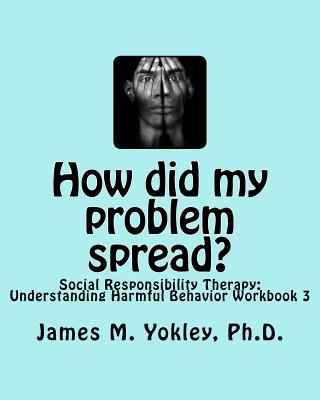



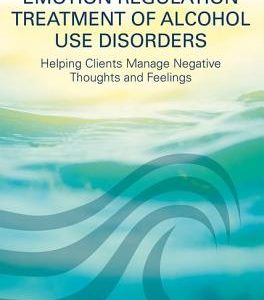

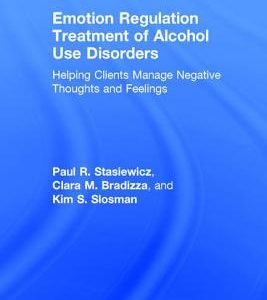
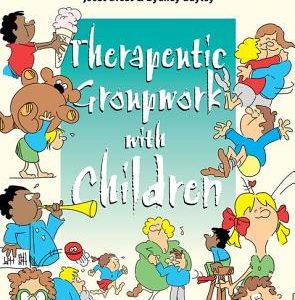
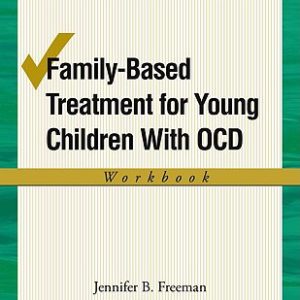

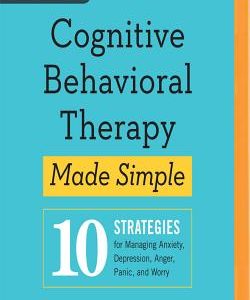
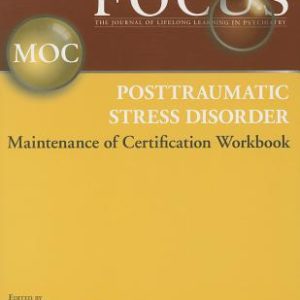

Reviews
There are no reviews yet.